Certamen Consorcio Artist Q&A
Ronaldo Monge
Q: Has Covid-19 affected the Flamenco community, dance/arts scene, industry, programming etc? And how might this influence the future of Flamenco?
A: The Flamenco community, dance, arts, concerts, all music and theater industry have been affected tremendously. Theaters close for months and still not open, restaurants closed for tablaos and entertainment and still not open at full capacity, all this means no work for artists, and people have developed other habits to get entertained or even don’t think that live music is important anywhere, as well as not going out because even 6 months after all began, there is still fear of being inside public spaces. Flamenco is very intense and dramatic, but there are more feelings involved when you are present with others. More than being online and recorded. So not being in studios, not being rehearsing with musicians, not being with others in tablao affect deeply the meaning of the culture of Flamenco.
Q: On the topic of social justice, particularly, relating to race, gender, and sexual orientation, how may or may not Flamenco support inclusivity and social change?
A: Arts are very important in all these topics. Arts in general create unity, reflections, freedom to people identified and looking for a change in their life, in their feelings; and flamenco is one of the many forms of arts and most of them support and involve these topics.
Q: Beyond understanding history, how does one learn and become a part of flamenco culture? Is Flamenco accessible to everyone? Is appropriation an issue to the flamenco industry?
A: To answer this question, I believe that it comes with the senses. You first see what is flamenco, you hear and after all you feel. Once you feel what Flamenco does to you, you feel hungry of learning and feeling more. So that makes you part of the flamenco culture, listening to flamenco, watching videos, practicing and getting together, getting involve. Flamenco is accesible to everyone but not everyone get to see it. Many people today do not know what Flamenco is, and it highly depends if your circle of family, friends, co worker or community gets you to see Flamenco or vice versa. That’s why lecture performances at schools are important, so that kids learn that it exists and what it is. I mean, it’s a culture and is UNESCO part of heritage, but I think appropriation is an issue in the flamenco industry, like any form of art.
Q: How or does Flamenco continue to evolve? What are the arguments for traditional flamenco vs. contemporary flamenco?
A: There is no limit on how much you can do with arts. Flamenco continues to evolve with many artists that look at things beyond an eggshell, combining elements of instruments, other dance forms, other cultures, other arts with the beautiful art form of Flamenco. And it will continue to evolve. There are many people that enjoy tradicional flamenco and there are other people that do not enjoy contemporary flamenco, but what is important is that the tradicional is the base of things, the beginning, so one has to know the culture first in order to change things in a contemporary way, for respect of the culture.
Q: Is flamenco valued everywhere? Are their particular locations or places where flamenco is supported more than others and vice versa? Do Flamenco artists feel limited in where and how they can succeed?
A: I don’t believe that flamenco is not valued everywhere. I have work in many places that people are not there to see dance or listen to music, specially restaurants and also school shows, etc. So people are not interested. Theaters, tablaos that don’t serve food and concerts are locations that are valued the most. Yes, it is a vice versa energy flowing, so one as an artist have to feel the audience in order to not feel limited and fly and entertain the guests.
Q: What is it like to be a part of the flamenco community? Who does it, why and what are the intentions for being part of it?
A: I love being part of the flamenco community, I have never thought of being out. In most places out of Spain it is small, but there is a language, a feeling, a joy, a beautiful sensation that it’s not common on other music communities. It is very unique. Anyone that takes classes, go support local artists, create, message local artists, promotes and shares all the events love flamenco, they do this because they love flamenco being part of their lives, even if it’s a distraction in a week
or a month, whatever, they need it.
